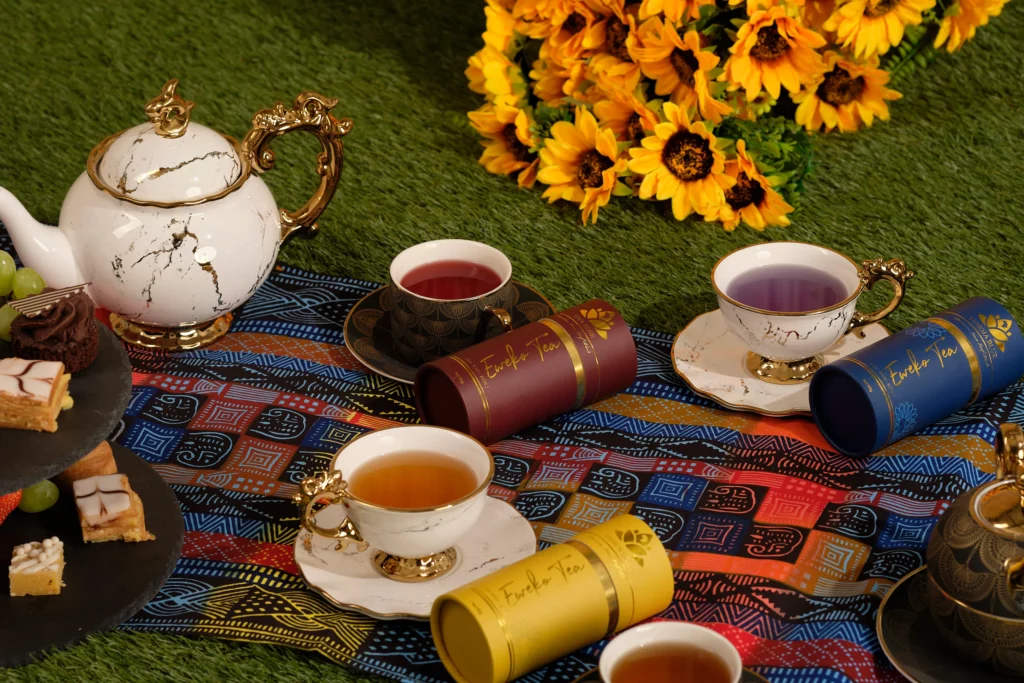
Sudan’s tea culture has deep historical roots, dating back to the times of the ancient Nubian kingdoms. Over the centuries, it has evolved and adapted, incorporating influences from neighboring cultures while preserving its unique Sudanese character.
Traditional Sudanese tea is typically prepared using black tea leaves, water, and an array of spices and herbs. One of the defining features of Sudanese tea is its sweetness, often achieved through the generous addition of sugar or honey. The resulting brew is strong and aromatic, with a flavor profile that can vary from one region to another.
Tea as a Symbol of Hospitality
In Sudan, serving tea is a customary gesture of hospitality and friendship. When guests visit a Sudanese home, they are often welcomed with a steaming cup of shai. The act of preparing and sharing tea is a ritual that fosters a sense of community and togetherness, whether in bustling cities or remote villages.
Tea stalls, known as “tea ladies,” are a common sight on Sudan’s streets. These small, makeshift stands are run by local women who skillfully prepare and serve tea to passersby. They are hubs of social interaction, where people gather to chat, discuss current events, and forge connections over a cup of tea.
Sudanese Tea: A Flavorful Blend of Cultures
Sudan’s tea culture reflects its diverse population and the country’s long history as a crossroads of cultures. While the basic ingredients of tea remain consistent, the addition of spices such as cardamom, ginger, and cloves is a testament to the Arab and African influences that have shaped Sudanese cuisine.
The preparation and presentation of tea can also vary regionally. In some areas, tea is brewed with an emphasis on strong flavors and is known for its rich, dark color. In contrast, other regions might prefer a milder brew with a lighter color.
The Future of Sudanese Tea
As Sudan continues to evolve and modernize, its tea culture remains a steadfast symbol of tradition and unity. Despite the availability of modern beverages, shai remains a beloved staple of daily life, cherished for its role in bringing people together.
Moreover, Sudanese tea culture is not confined within the nation’s borders. Sudanese communities abroad have preserved their tea traditions, sharing this cultural gem with the world and introducing new audiences to the joys of Sudanese hospitality.
In conclusion, Sudan’s tea culture is a living testament to the power of tradition and community in a rapidly changing world. As visitors and locals alike continue to savor the sweet and aromatic brews of Sudan, the country’s tea culture remains a bridge that connects people, transcending boundaries and fostering connections that endure through time.
